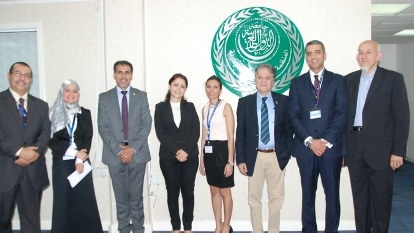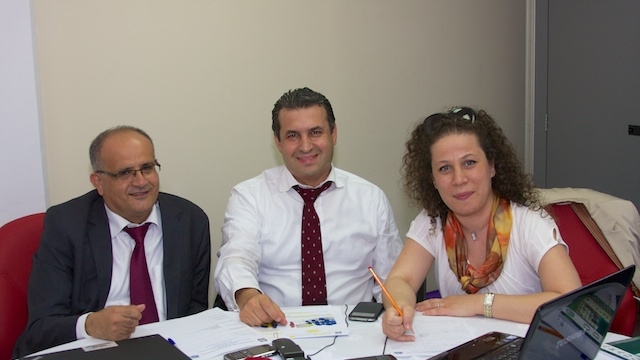Many governments spend time and resources deciding what to deliver, without tackling how. Improving the “how” of delivery is a challenge that could have a dramatic impact on eliminating poverty. This is a key priority for the World Bank, demanding both commitment and innovation. It is also a top priority for the Middle East and North Africa (MENA) region’s Network of Public Procurement Experts, which is working to strengthen capacity building on the ground.
Across the region, billions of US dollars of public money are spent each year on contracting private companies to provide the public with goods and services. Governments and public agencies in the region spend up to 70% of their budgets on public procurement, ranging from major projects like highways and airports, to purchasing a wide variety goods and services—everything from furniture to food and textbooks.
This type of spending represents 15% to 30% of Gross Domestic Product in MENA economies. How these investments are delivered to the public has a huge effect on how well a government meets promises to its citizens.
Many governments have begun reforming the laws and regulations governing their procurement systems in recent years, intent upon ensuring efficient and effective public spending. In reality though, even the best legal and regulatory framework can under-deliver without a trained workforce to put laws and regulations into practice.
To increase returns on public investment, MENA governments have agreed on the need to develop and equip the public sector employees responsible for public procurement. It is in this context that the Network—a group composed of the heads of public procurement in countries in the MENA region—launched an ambitious, new, multi-regional approach at a recent meeting hosted by the Arab Administrative Development Organization (ARADO) in Sharjah, United Arab Emirates.
“Bringing together training institutions, government, and international organizations to effectively share knowledge and resources is crucial,” said Inger Andersen, the Bank’s Vice President for the Middle East and North Africa. “The collaboration in Sharjah demonstrated the commitment of stakeholders to work together towards the common goal of raising capacity in the MENA region.”
Two sources of funding have been secured to support the initiative. The first is a US$750,000 grant from the Micro, Small, and Medium Enterprise (MSME) Facility of the Arab World Initiative to teach people working in Small and Medium Enterprises about public procurement processes; and the second source of funding is a $350,000 Institutional Development Fund (IDF) grant from the World Bank, awarded to ARADO to expand the number of topics addressed through this model of procurement training.


